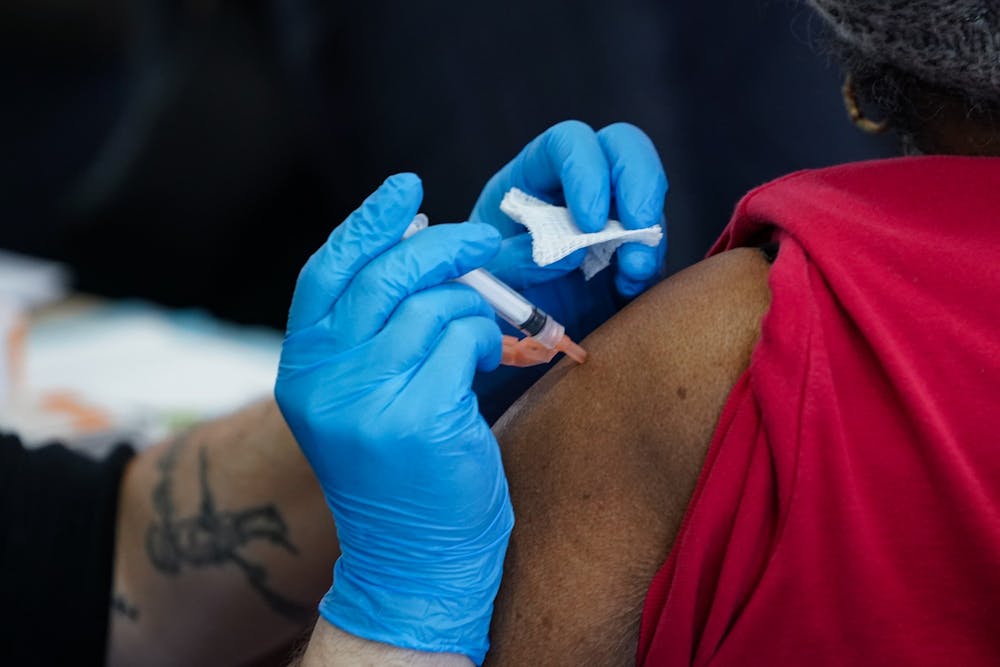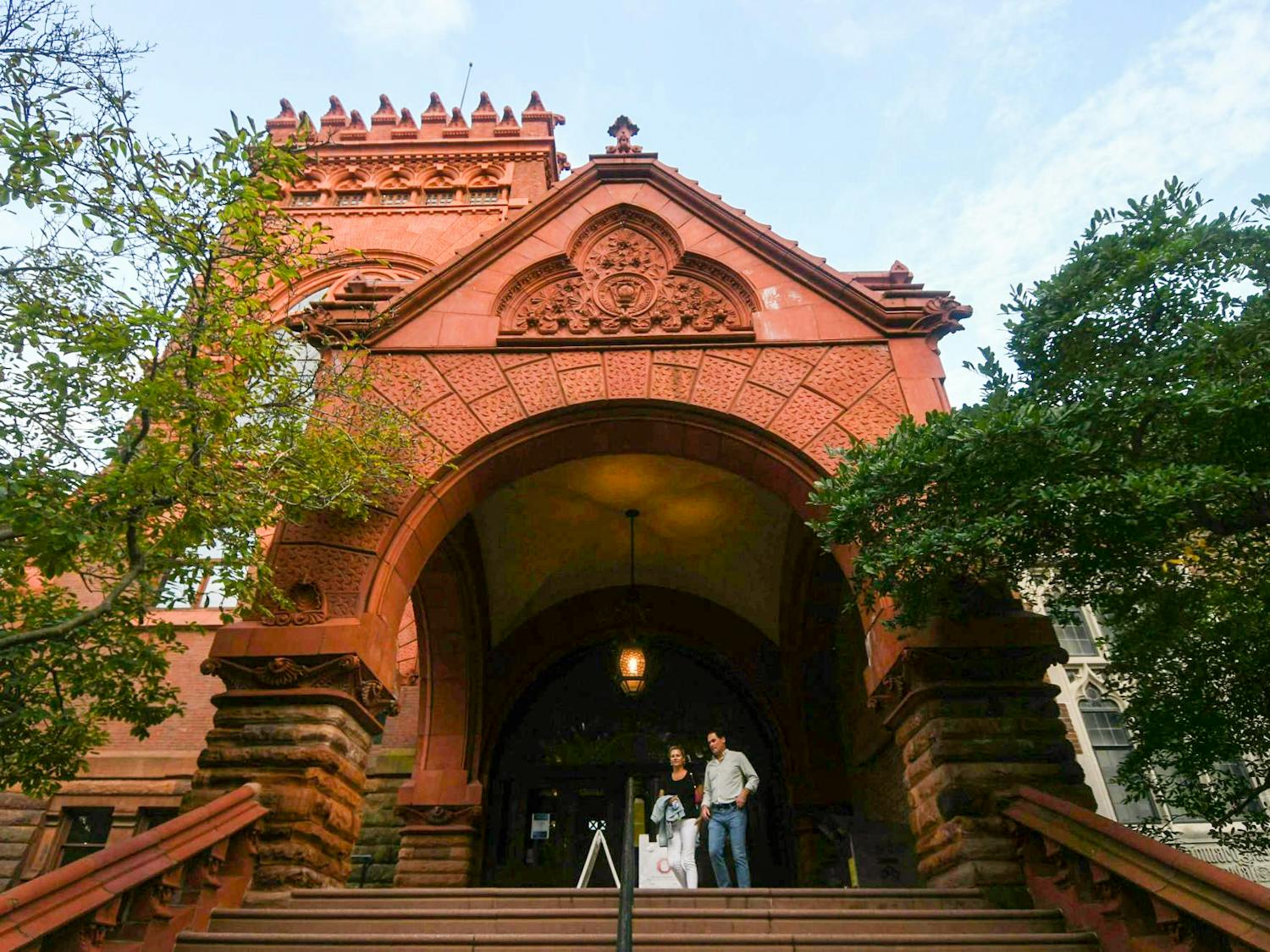Philadelphia is striving to close gaps in COVID-19 vaccination rates across communities affected by racial and income disparities.
Systemic disparities, including poverty, racism, and a lack of access to healthcare, have been exacerbated by the pandemic. The city has increased access to vaccine appointments and opened clinics in close proximity to communities in need while increasing outreach to under vaccinated communities, The Philadelphia Inquirer reported.
Walk-in appointments for vaccinations were previously allowed at the Federal Emergency Management Agency vaccination site in Center City to ensure a more racially equitable vaccine distribution.
The Philly Counts office, created to increase 2020 Census engagement, offered assistance in boosting vaccinations among under vaccinated neighborhoods by making calls to targeted neighborhoods, the Inquirer reported.
According to the Inquirer, residents of the highest-income areas within the city have been vaccinated at twice the rate of the lowest-income zip codes. Philadelphia continued to expand the vaccine rollout by opening vaccinations to some residents in the 1c category on Monday.
Clinic workers at Esperanza's offices in North Philadelphia have gone door-to-door in undervaccinated areas to spread awareness of the vaccine appointment procedure.
“Whenever we’re talking about access, we should make sure that it’s reachable, that it’s attainable, not just by some of the population but by all,” Esperanza representative Quetcy Lozada told the Inquirer.
Fourteen percent of Philadelphia’s Hispanic population and 16% of its non-Hispanic Black population have been vaccinated, in comparison to 30% of white residents, the Inquirer reported.
RELATED:
All adults in Philadelphia will be eligible for the COVID-19 vaccine beginning April 19
Philadelphia's COVID-19 cases double in March, with higher rates among young people
Penn professor whose mRNA research paved way for COVID-19 vaccine is leading new treatments
City-run clinics in North and Northwest Philadelphia plan to implement information desks in locations closer to underserved communities.
Harvard Chan School of Public Health found vaccine acceptance among Black and White respondents differed, with only 31% of Black adults saying they would definitely get vaccinated as opposed to 46% of white adults.
Overall hesitance about COVID-19 vaccinations, however, has declined significantly since November, with respondents “unsure” about receiving the vaccine dropping from 30% to eight percent, according to Civiqs’ polling.
Drexel University professor of Epidemiology and Biostatistics Sharrelle Barber warned of the need to make a continued effort to provide access to underserved communities.
“There has to be a plan in place about how to make sure these inequities don’t widen as the vaccine becomes more available to larger parts of the population,” Barber told the Inquirer.









